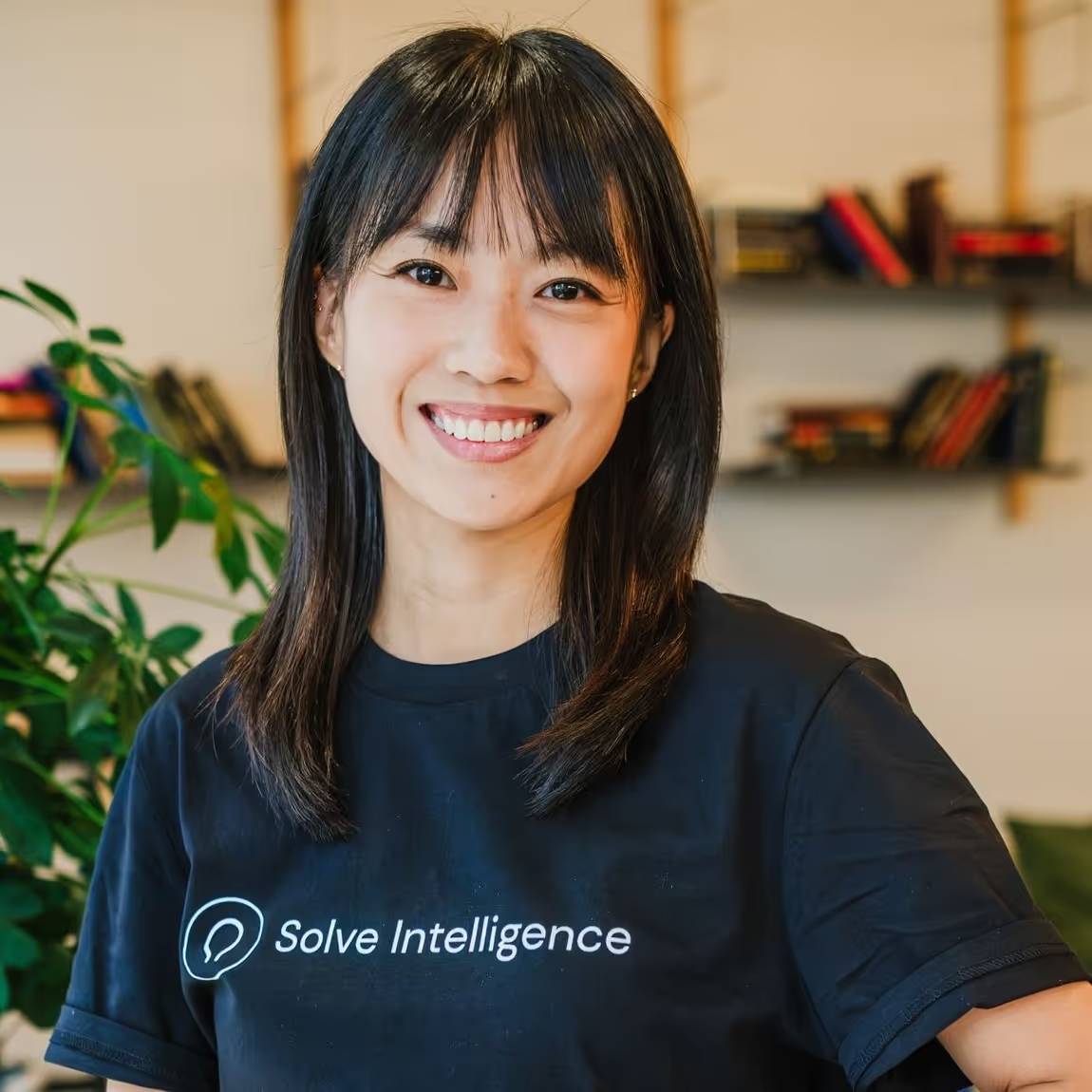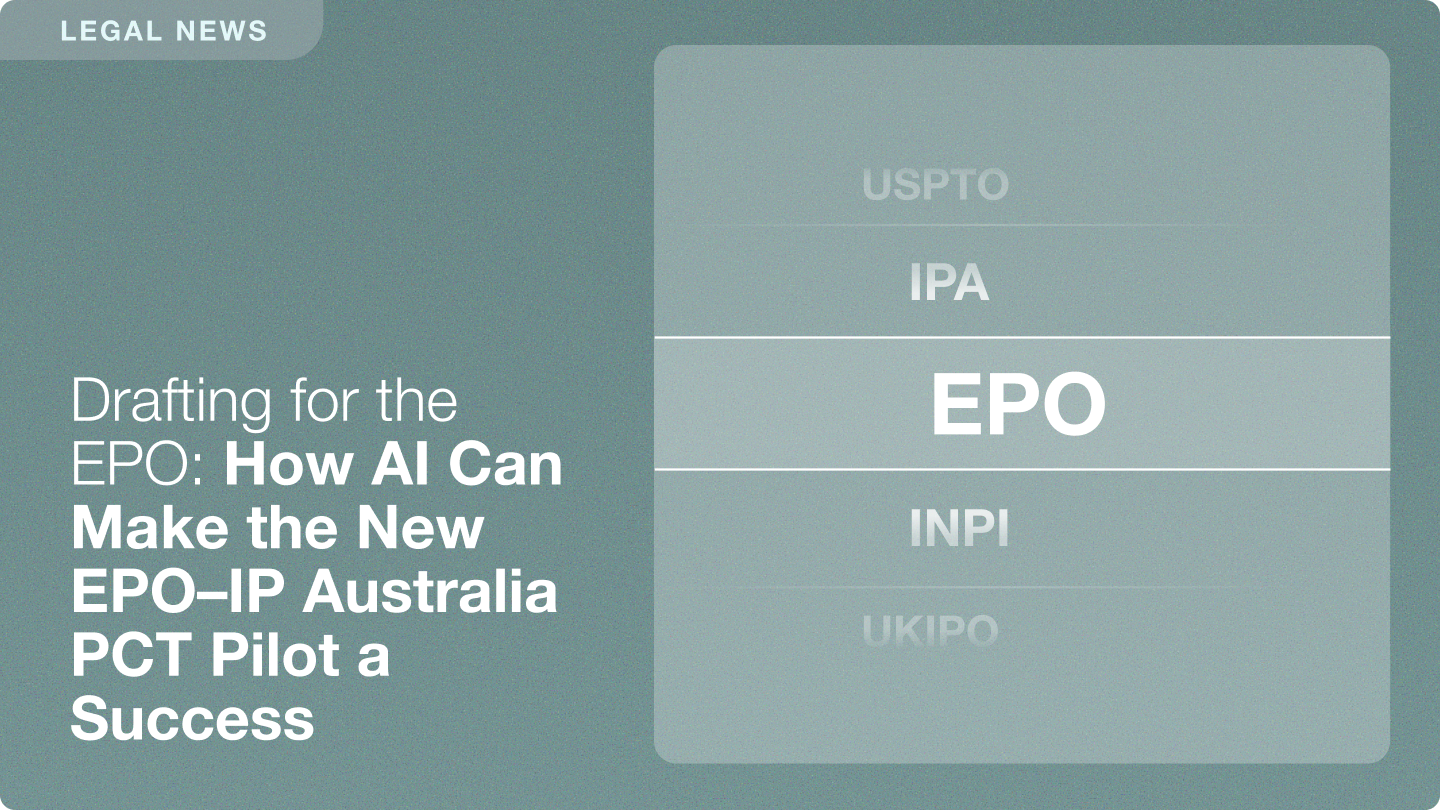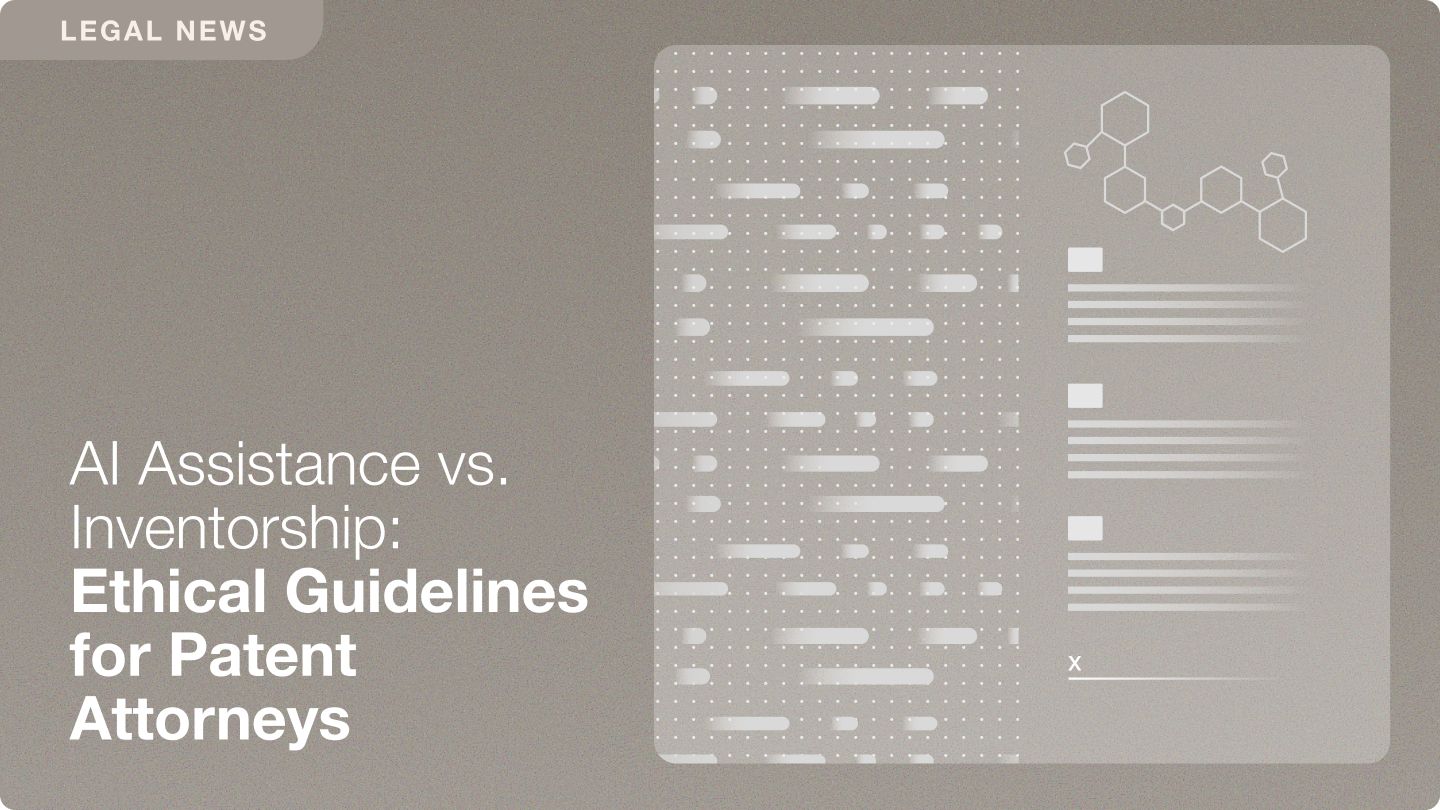Harm van der Heijden joins Solve's Customer Advisory Board
We are excited to welcome Harm van Heijden, a partner at NLO, to Solve Intelligence’s Customer Advisory Board.
Harm is a Dutch and European Patent Attorney and partner at NLO and Ipsilon, advising clients in patent matters related to electronics, communications technology, and software. He holds an MSc in Applied Physics and a PhD in Plasma Physics from Eindhoven University of Technology, and is also experienced as an industry researcher and developer in signal processing, medical devices, and integrated circuit design. His combined technical and legal expertise covers areas such as computers, telecommunications, electrical and mechanical engineering, and physics. In addition to drafting and prosecuting patents, he is also active in litigation and licensing.
“As AI is transforming the IP industry, it’s essential for patent attorneys to have a front row seat. That’s why I’m honoured and excited to join Solve Intelligence’s Customer Advisory Board. Great things are coming!”
Harm van der Heijden, Partner, NLO and Ipsilon
“Harm's deep expertise and enthusiasm for AI will be invaluable as we continue innovating and enhancing our product offerings for patent practitioners worldwide, particularly in Europe. He has already provided extensive feedback to help us tailor our solutions for European clients - this has enabled us to specialize our patent drafting tools to better serve all European customers, and adapt our prosecution product to meet specific EPO requirements. His experience with contentious litigation at the Hague, national and EPO proceedings, and licensing negotiations will further strengthen our future product development and accelerate our launches.”
Harry Bedford, Founding Member of Legal & Product and UK & European Patent Attorney, Solve Intelligence
Check out the rest of our Customer Advisory Board here.
AI for patents.
Be 50%+ more productive. Join thousands of legal professionals around the World using Solve’s Patent Copilot™ for drafting, prosecution, invention harvesting, and more.

.avif)

.png)
.png)
